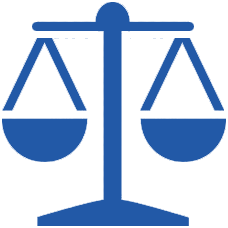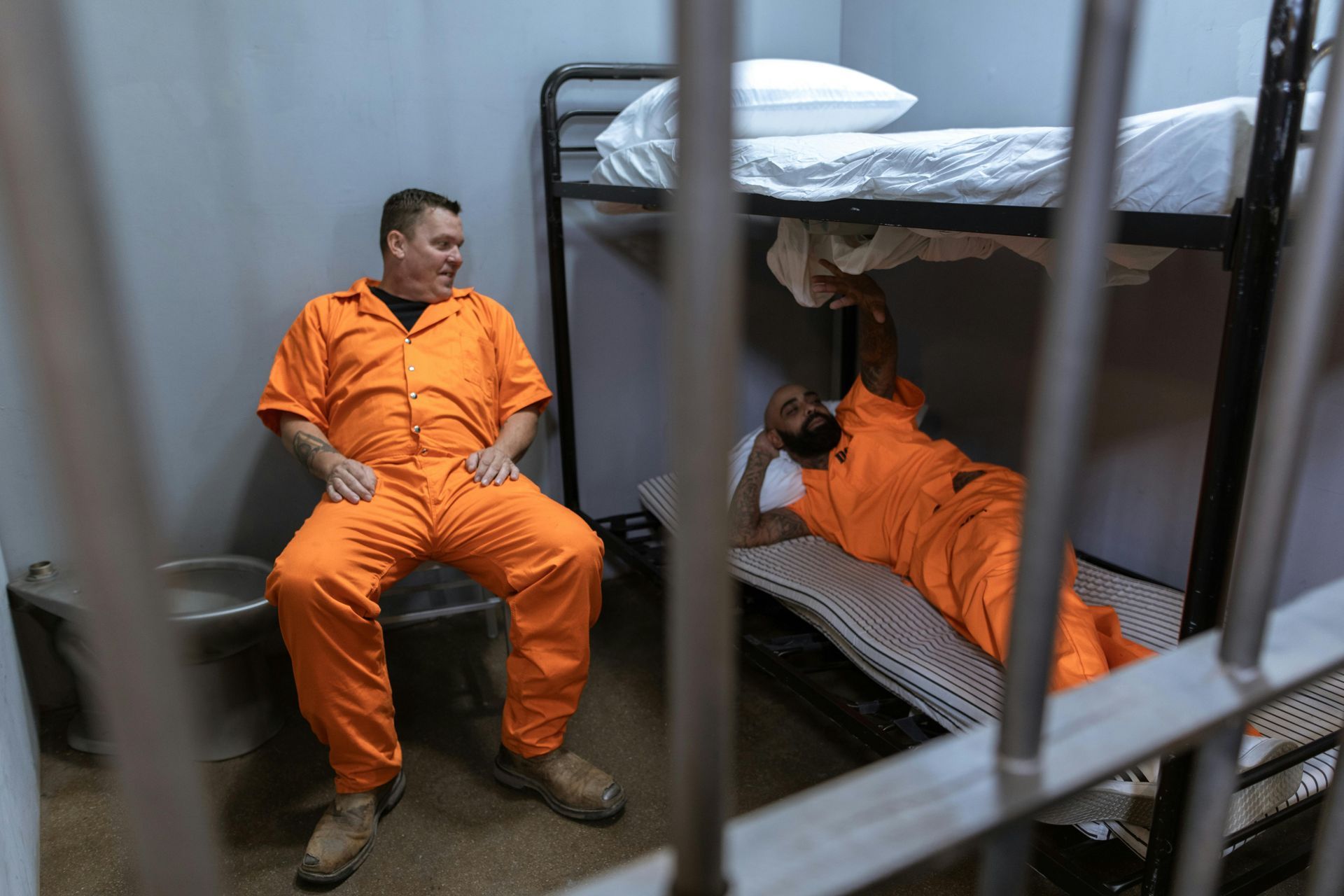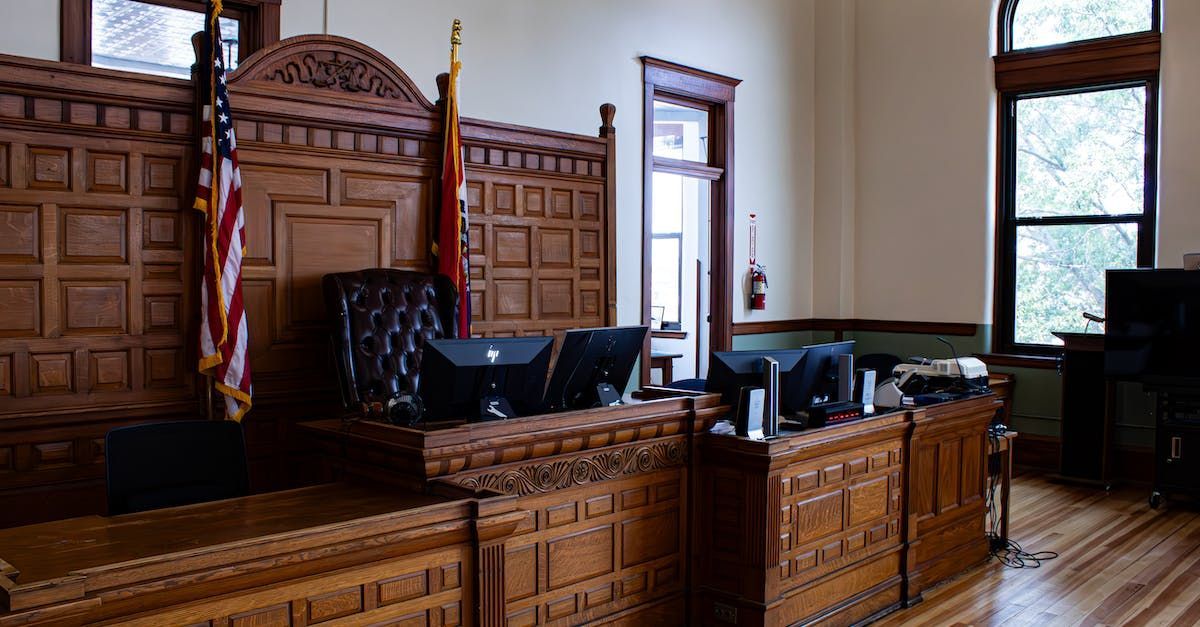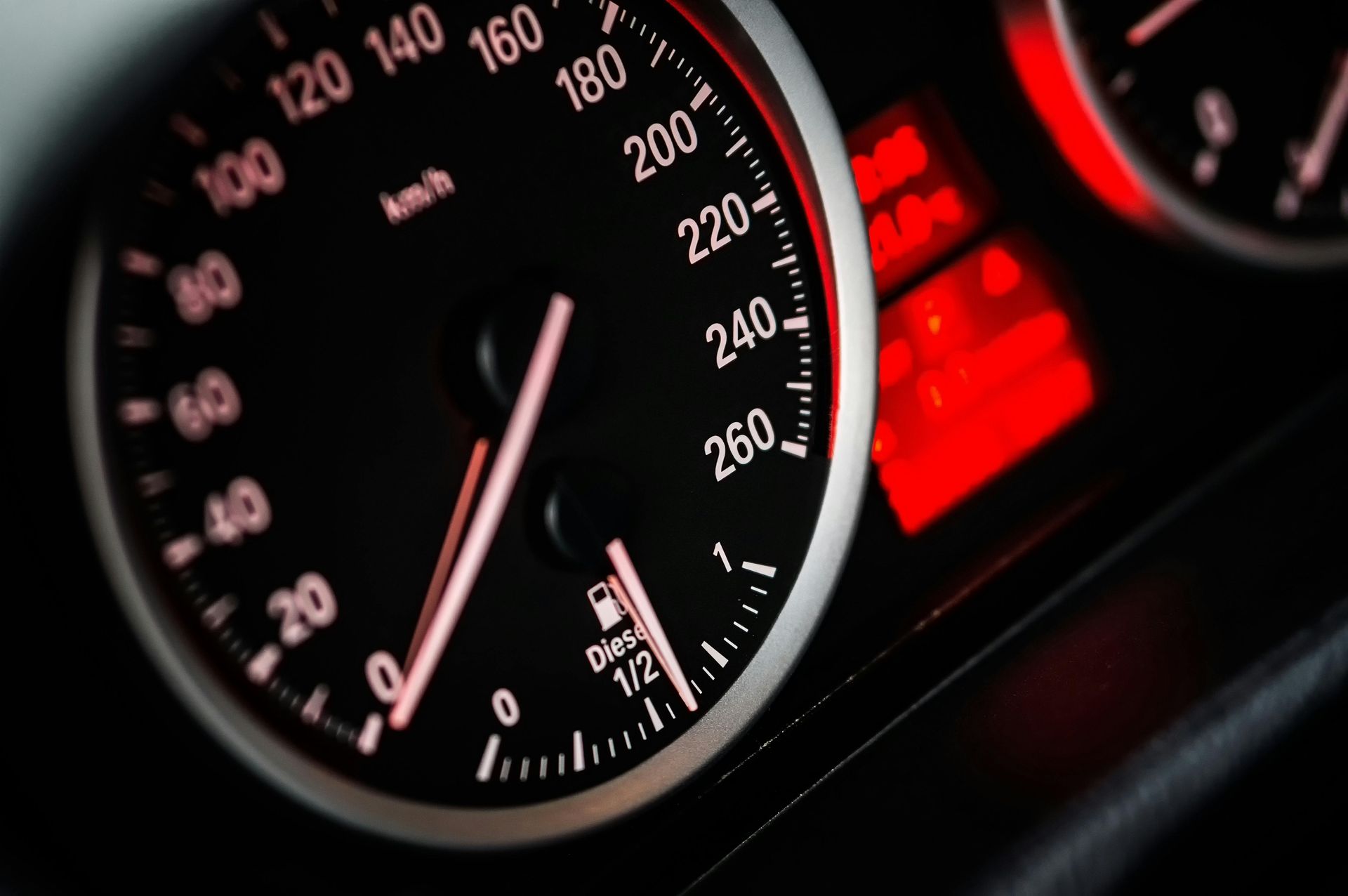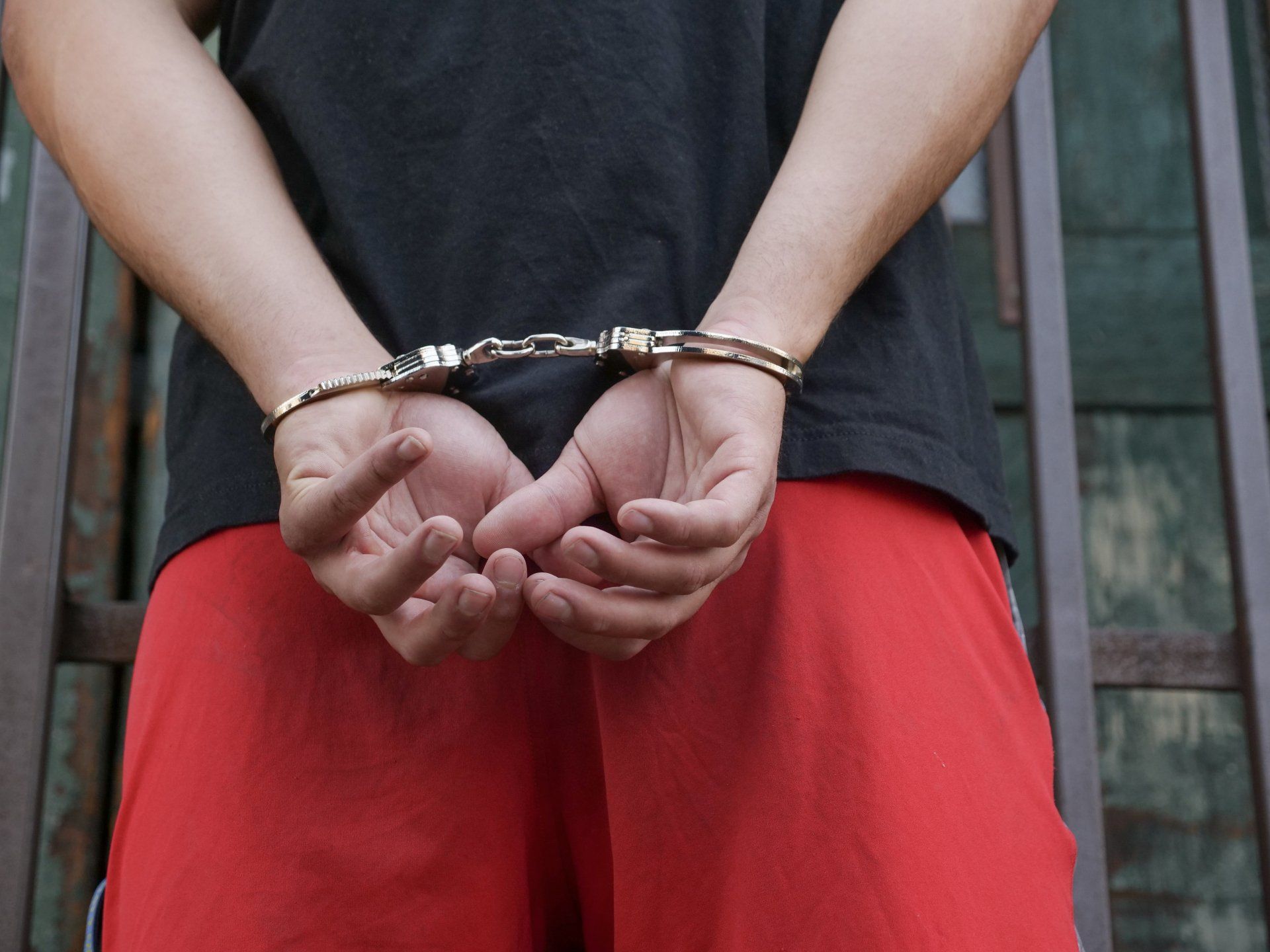Request a Trial and Not a Waiver Hearing in Traffic Cases
Requesting a waiver hearing is a mistake in traffic cases.
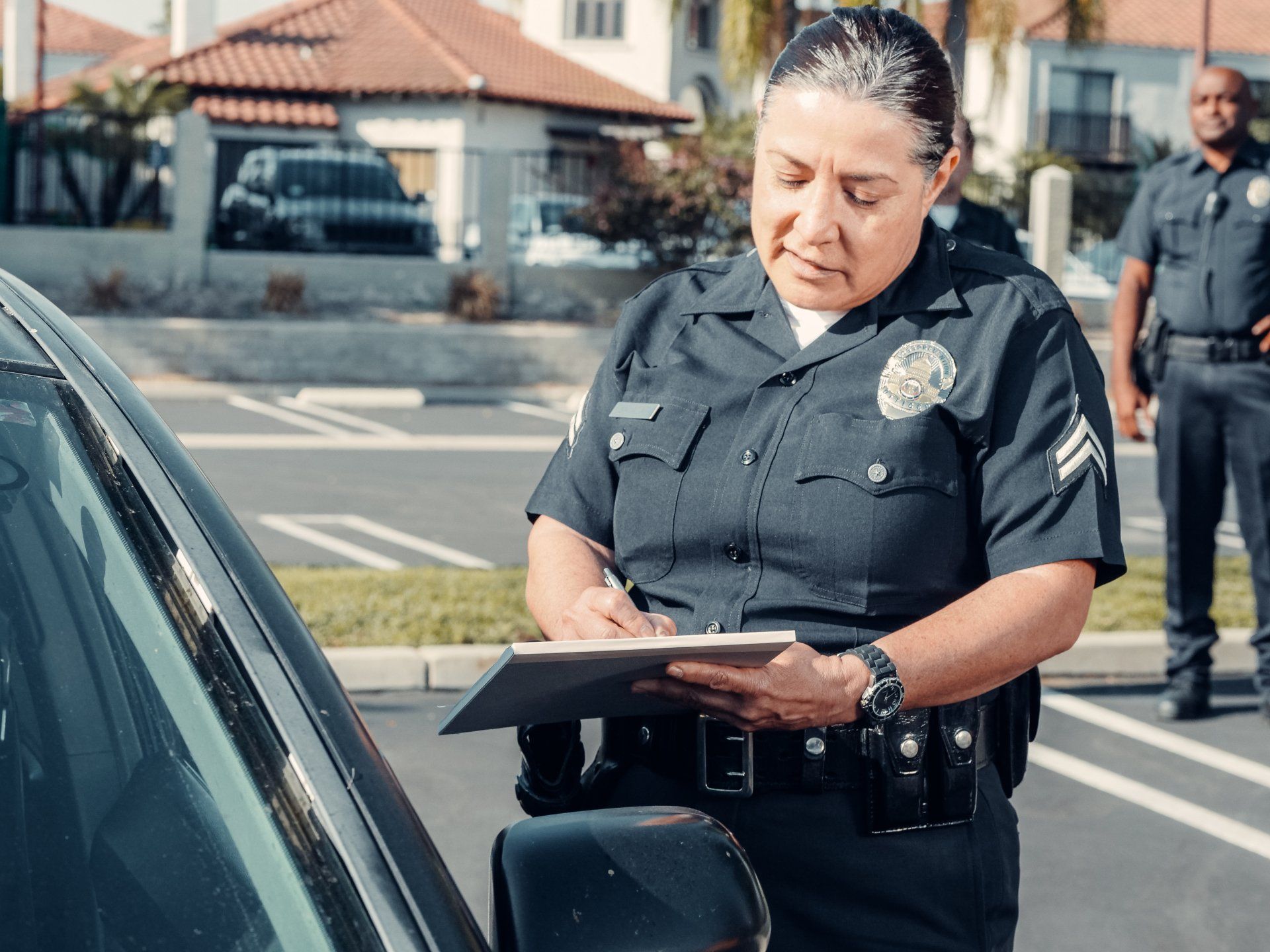
I see it all the time. People request a waiver hearing after receiving a speeding ticket or other traffic infraction. They do it because they were speeding at the time of the accident and do not have a defense to the citation. Requesting a waiver hearing is a big mistake.
When someone receives a traffic ticket, they have 30 days to elect one of three options. They can pay the fine which counts as a conviction and will result in points if it was a moving violation. No one should do that.
Second, they can request a waiver hearing. A waiver hearing admits guilt and the judge can give you a break by offering probation before judgment or reducing the fine. Requesting a waiver hearing is not a good option because it excuses the police officer from having to be there.
Many people do not understand that the third option, requesting a trial, is the best option. This is true even if you do not have a valid defense. The fact of the matter is that sometimes the police officer does not appear. If the police officer does not appear, the charge will be dismissed or you will be acquitted. There will be no evidence against you.
If the police officer appears, you can still plead guilty and the judge can still give you a break. You lose nothing by requesting a trial with maybe one exception. If you were argumentative or disrespectful with the police officer, the judge will know because the officer will tell him or her.
If you receive a ticket and it is a moving violation, request a trial within 30 days and go to court. If the officer is not there, enter a plea of not guilty and you walk out with an acquittal.
